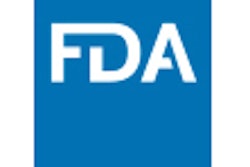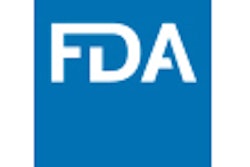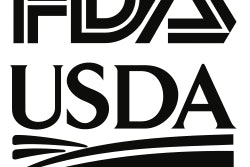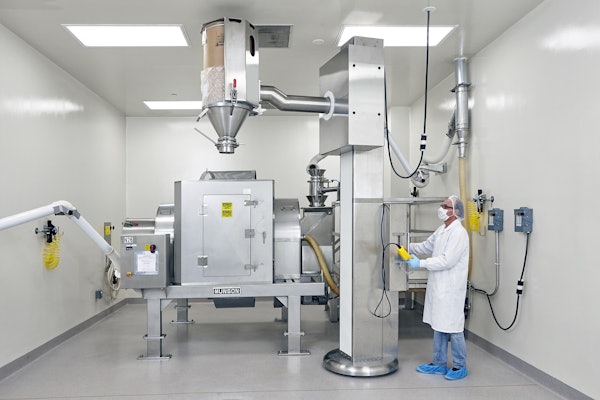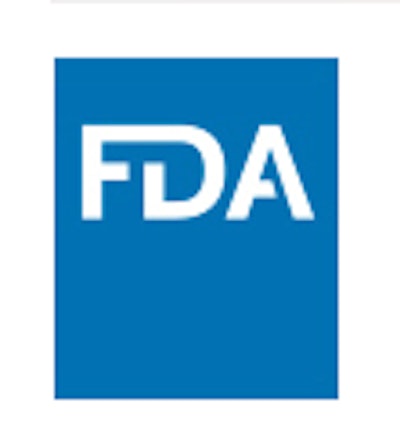
As part of the FDA Food Safety Modernization Act (FSMA), FDA issued on May 27, 2016 a final rule to require domestic and foreign food facilities, with some exceptions, to address hazards that may be introduced with the intention to cause wide-scale harm to public health. These food facilities are required to identify significant vulnerabilities and take steps to minimize or prevent them. The first compliance date is July 26, 2019.
What are examples of vulnerabilities? What facilities must comply with the rule? Ryan Newkirk, the Senior Advisor for Intentional Adulteration with the Food Defense and Emergency Coordination Staff at FDA, and Jon Woody, Director, Food Defense and Emergency Coordination Staff, talk about the new rule and what the FDA is doing to support industry compliance.
For More Information
